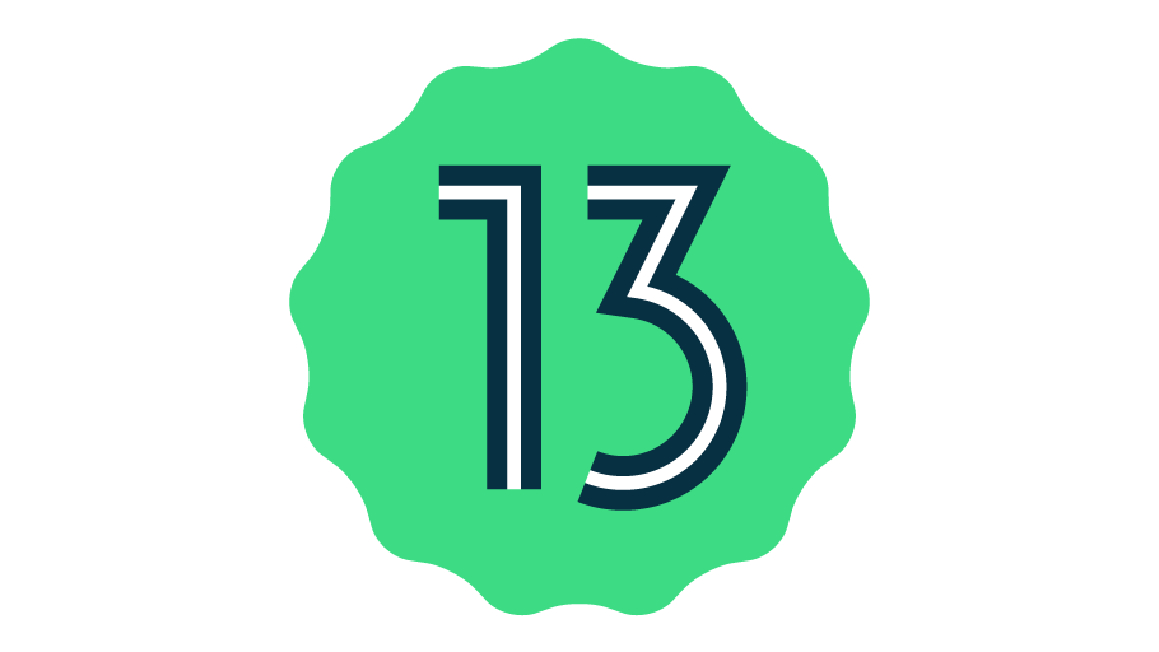You’d be shocked how much battery life a single app can use – even when you’re not actively using it. According to the Android Developers blog. Android 13 will send you a notification if an app consumes a substantial amount of your power over the course of a day.
Android 13 is well on its way, with Google releasing the second developer preview of the upcoming Android OS on Thursday. Between Google’s official word and leakers’ speculation. We’re already learning a lot about how Android 13 might expand on Android 12’s privacy features, user-interface advancements, and Material You design overhaul.
If you’re curious about the release date of Android 13. Or if you’re inquisitive about what new features might be coming to your phone in the near months. We’ll keep it up to date with all the Android 13 news we can discover.

Also: 10 best Android apps available right now
Release date
Although Google has not publicly confirmed a particular release date for Android 13,. The Android Developers blog provides an approximate calendar for the rollout, with a beta release every month until July. The July beta is described as a “near-final build for final testing.”
Based on past experience, Android 13 could be released a month after the final beta. The fifth and final beta of Android 12 was released in September 2021. Google officially released the app in October. The final betas of Android 11 (2020) and Android 10 (2019) were released in August. And the OS was released to phones in September. As a result, we can safely predict that Android 13 will be released in August of this year. September is a safe bet if not.
Keep in mind that Google prioritises Android updates for its Pixel phones (and will probably ship the rumoured Pixel 7 with Android 13). If you own a different Android phone. Such as a Samsung, Motorola, or OnePlus. You may have to wait a few months after the first release to enjoy Android 13.
New photo privacy feature
Android 12 added a kill switch that prevents apps from accessing your camera and microphone. As well as the ability to show apps your approximate location rather than your specific location.
Android 13 appears to be enhancing these privacy options. Android 13 will include a photo picker, according to Google’s Android Developers blog. This means that when an app requests access to your photographs and videos. Such as social media and photo editing apps, you can choose which media assets to share rather than providing access to all of them. (Android has a document picker that does the same thing.)
Apps need your permission to notify you
According to the Android Developers blog, the second developer preview for Android 13 included a new feature dubbed “notification permission.” Apps will need your permission to send you notifications, and you have the option to say “no.” The blog post includes a dialogue box that asks, “Do you want [App] to send you notifications?”. You will then be asked to select “Allow” or “Do not allow.”. For apps to send you notifications, Apple already needs developers to acquire your permission.
Upgraded design with more color options
For Android 12, the Material You redesign was the star of the show. With UI colour schemes that instantly adjust based on the wallpaper you choose. According to the Android Developers blog, Android 13 will include even greater colour personalization for Material You.
Only Google apps support the changeable colour palette functionality in Android 12. However, Android 13 will extend the feature to all apps as long as the app’s developers agree to create monochrome replacement icons.
According to AndroidPolice, citing a “reliable source,” Android 13 will allow for more colour customization possibilities. Among these are “spritz,” a desaturated variation of the colour scheme, and “expressive,” which incorporates colours other than those included with your wallpaper by default.
Related: Battle of the Flagships: Galaxy S22 vs. Pixel 6 Pro
Adapting an iOS perk
Users years, Apple’s iPhone flashlights have featured adjustable brightness. But according to Android expert Mishaal Rahman, Google will eventually integrate the feature into Android 13. Allowing for some versatility when using the phone as a light source.
However, Rahman claims that many contemporary Android devices lack the hardware required to use this feature. Maybe the rumoured Pixel 7 will. If you use a Samsung phone, though, you can already alter the torch brightness using Samsung’s software overlay One UI.
Will my phone be compatible with Android 13?
If you own a Pixel 4 or Pixel 4. Android 13 may be the final supported software update for your device. This prediction is strictly based on precedent: Android 12 is likely to be the final update for the Pixel 3 and Pixel 3A, and Android 11 was the last for the Pixel 2.
If your Pixel 3 or 3A becomes incompatible with Android 13, you can still use it with an older operating system. However, this means you won’t have access to the most recent security fixes, which could put your data at risk.
How to download Android 13
For the time being, don’t. As thrilling as the previews may be, early betas have the potential to cause some apps to cease working on your smartphone permanently. They frequently contain bugs and might reduce the life of your battery. If you have an extra Android hanging around, go ahead and use it, but we strongly advise avoiding exposing your primary phone to bugs.
You can, however, sign up for the Android Beta Program if you’re feeling very daring. Don’t pretend we didn’t warn you.
Even as we anticipate what Android 13 will offer, it’s worth revisiting all of the highlights from Android 12. Last year’s OS had some amusing hidden features, such as Game Mode and One-Handed Mode. Also, don’t forget to look for the Android 12 Easter egg.

Leave a Reply